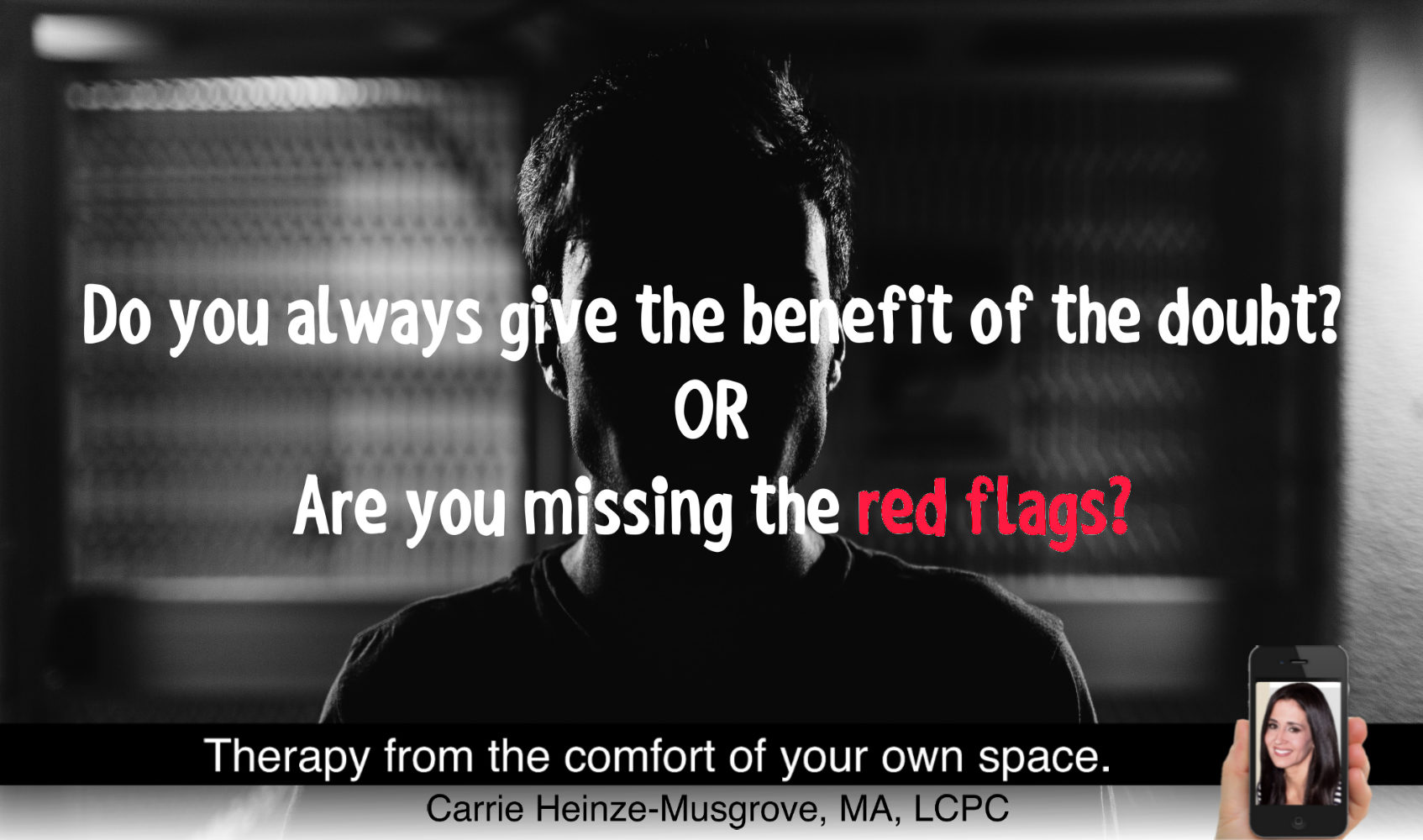How many times has giving people the benefit of the doubt resulted in you being hurt and disappointed? Have you ignored the red flags despite your intuition? How often have you found out the reservations you had about this person were completely valid after all?
Trust is the chord that holds people together in relationships. When it is severed, a severe disconnect occurs.
But does that mean we are we are supposed to be cynical and distrusting about everyone and everything? Aren’t we supposed to give people the benefit of the doubt? Aren’t we taught this from a very early age? Don’t we ourselves want it from others?
Trust doesn’t just happen. It’s built and sustained through specific behaviors. Relationships work best when they are developed and nurtured.
When is it wise to give a person the benefit of the doubt and when is it a bad idea?
A good rule of thumb is to initially give a person the benefit of the doubt. This suggests that although we might have enough reasons (or emotions) to pronounce guilt, we make a sincere effort to see things from their perspective. This means listening and remaining open to their ideas and what they have to say. We hold back our judgment.
Giving the benefit of the doubt allows someone to explain themselves or prove their true character and worth in spite of an unfavorable first impression.
Trust your inner wisdom, however. Problems arise when you continue to give someone the benefit of the doubt despite obvious red flags.
Here are some key questions:
• Are you staying silent rather than standing up for yourself?
• Are you afraid of what happens if you call a person out on their behavior?
• Is a fear of rejection or your need to be liked, or your desire to make this work or anything else, overriding your better judgment?
If you allow disrespectful behavior, by brushing it off or pretending it is okay, then you are teaching people exactly how to treat you. If you don’t believe in your own worthiness, it can cause your to settle for far less than you deserve.
If giving someone the benefit of the doubt is leaving you hurt, confused, resentful, frustrated or undervalued, it’s time to reevaluate your need to be understanding. These are the things we work on in therapy. Own your worth.
We get what we tolerate.
Carrie






